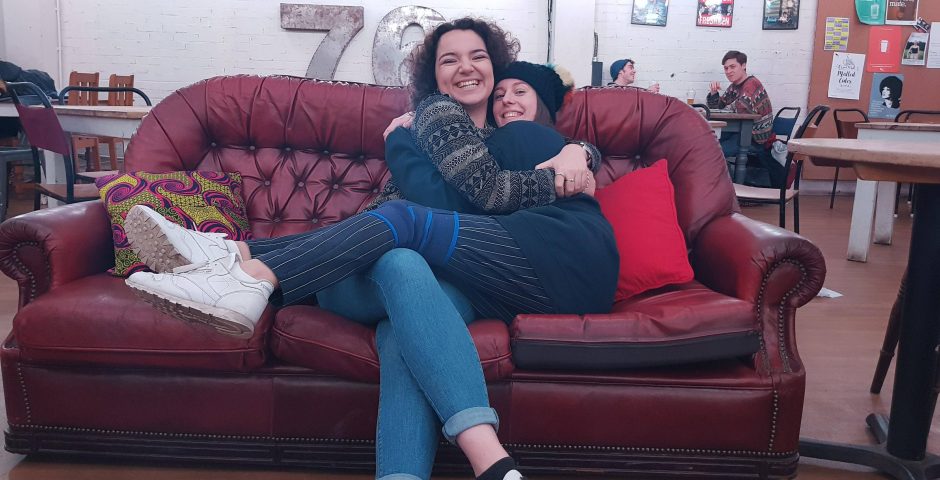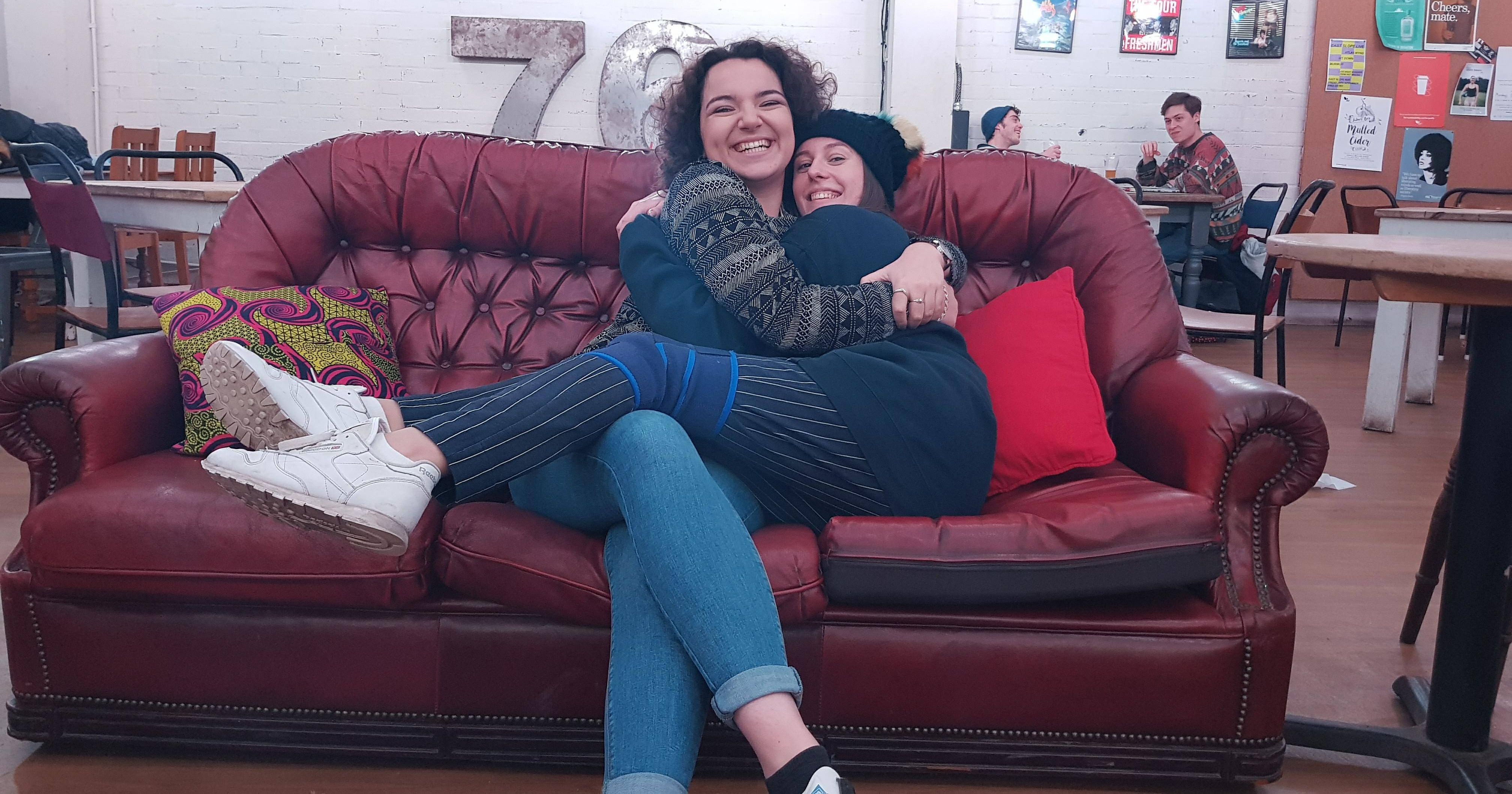
How to be a good friend to someone with a disability
Support can make a huge difference
Having a disability sucks. Pain management, accessibility, and the mental struggles that disabilities bring can make your life incredibly hard. I have Hypermobility, a connective tissue-affecting genetic disorder and form of Ehlers-Danlos Sydrome that results in chronic pain and affects my mobility majority of the time. Since my diagnosis, I have found that the support network around me is one of the most important factors in managing my disability, particularly in my friendships at university.
Although each disability, visible or invisible, should be treated uniquely, there are a few things everyone should keep in mind when they have a friend who has a disability.
Ask how you can help
It’s really easy to feel like a burden when you’re disabled, but when friends actively ask what they can do for you, either in general or on a case-by-case basis, it can really help. You can ask what you can do in an emergency, as well as everyday practical and emotional support.
When so many people who have disabilities can feel invisible, being listened to can make a huge difference. It's important to keep a good line of communication, and to remember that your friend will likely have varying wants and needs at different times. For example, when I have a painful flare up I usually like to have friends come over, I enjoy spending time with them and want to distract myself. Others might prefer to be alone or don't feel like socialising when they're feeling particularly bad.
Small gestures go a long way

Whether it's running a bath for your housemate during a flare up, offering to carry a shopping bag or just asking how your friend is, it's great to help your friend and show that you care. Small acts of kindness show your friend that you're always keeping them and their needs in mind. Remember to ask before you do something, and remind them that you're around to help, as any friend should.
Accessibility is not an afterthought

When planning activities, it's always better if you consider the needs and preferences of your friends before you make your plans, rather than after. It can be very easy to feel like an inconvenience to your mates when you have a disability, but you can calm this feeling if you remember what requirements your friend has. Going to a bar? Research places nearby that have wheelchair access. Want to go to a restaurant? Pick a quieter place for your friend who's hard of hearing. It's not too difficult, and it will be greatly appreciated.
Don't assume what your friend can/can't do
Following on from making plans, if you do choose an activity and you think your friend might not be able to go, make sure to still ask them. Never assume what your friend can or can't do or exclude them from being invited. Letting your friend know they'd be welcome if they can make it will ensure they still feel considered and included, even if they don't join.
Be sensitive to their feelings
Although open communication with your friend about their disability is really important, try to take notice of their response. While sometimes I'll happily chat about my experiences and my condition, I might not fancy talking about it if I've had a particularly bad time with my illness.
Joking is healthy

Friends take the mick out of each other all the time- it's a healthy part of a friendship. However, in this case, your friend who has a disability should be able to set the tone. My friends and I joke about my seemingly aged joints and my matching granny-like tendencies, but know what things are a no-go. Just be open and fun, without crossing your mate's line.
Echo their positivity
If your friend is positive about their condition, echo it and encourage that positivity. If they comment that they're having a good day with their disability, let them know that you're happy for them!
Just be a good friend

Looking after each other should be a part of any friendship, whether or not a disability is involved. And remember, 'disability' covers countless conditions that affect people's movements, senses, and activities in completely different ways, so each person will have unique needs. If you're ever unsure of how to treat someone, being honest and asking them is always the way to go- at the end of the day, they're your friend. Having good friends when you're disabled can turn a terrible day into an okay day, which may not seem like much, but can mean the world.









































